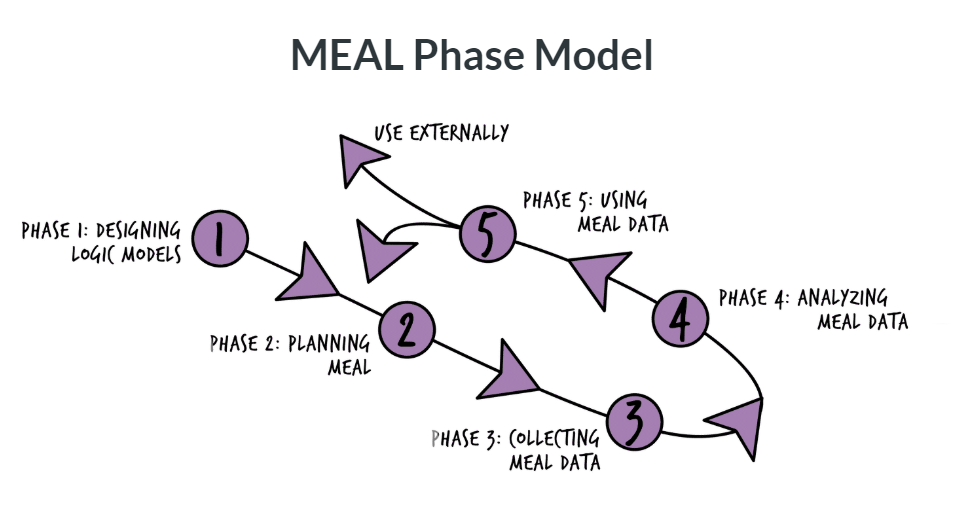Welcome to the MEAL DPro eLearning Suite: Monitoring, Evaluation, Accountability and Learning for Development Professionals
In this course participants will learn how to:
- Design logic models that later become the foundations of MEAL in projects. These tools include the Theory of Change, Results Frameworks, and Logical Frameworks (logframes);
- Plan for MEAL using practical tools that include Performance Management Plans, Indicator Performance Tracking Tables, Summary Evaluation Tables, Evaluation Terms of Reference, Feedback-and-Response Mechanisms, Learning Plans and Communications Plans;
- Collect MEAL data by using well-designed qualitative and quantitative data collection tools, appropriate sampling methods, and recommended data management practices;
- Analyze MEAL data by using quantitative (descriptive and inferential) statistics and qualitative methods to analyze, interpret and visualize MEAL data;
- Use MEAL data to inform project decisions, communicate with stakeholders and practice adaptive management.
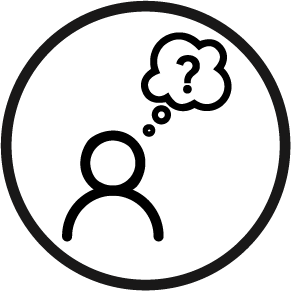 |
Is this course for me? |
|---|---|
| The MEAL DPro elearning modules help development and humanitarian professionals improve project effectiveness through rigorous monitoring, evaluation, accountability and learning. More specifically, the modules are designed to support learners who manage field-based activities - project manager, project associates, junior-level MEAL practitioners, and others. The audience of the MEAL DPro includes:
Learner qualifications include 1-5 years of experience in the development and humanitarian sector, although some learners will have more experience. |
|
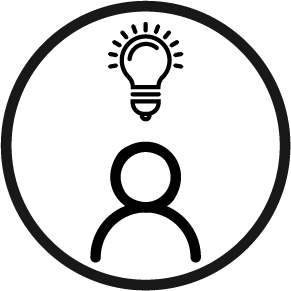 |
How will I benefit from this course? |
MEAL eLearning Suite consists of 8 modules that address the full life cycle of monitoring, evaluation, accountability and learning. Upon completion of the elearning modules, learners will know:
| |
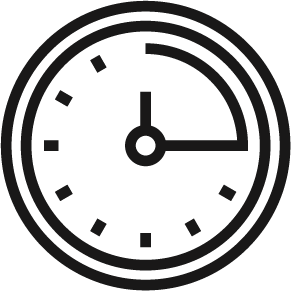 |
How long will it take? |
| It should take you around 7-8 hours to complete the whole course. Each module (of which there are 8 in total) will take approximately 40-60 minutes. |
|
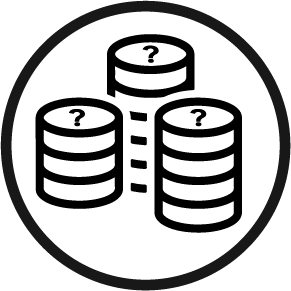 |
How much does it cost? |
| This course is free. |
|
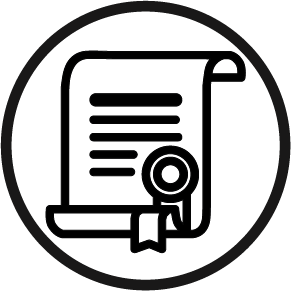 |
Will I get a certificate at the end? |
| Yes, you will be able to download a certificate after you have completed all the course modules. Please note that in order to achieve certified status you will need to sit the official MEAL DPro exam, which is not available on Kaya. You can find the MEAL DPro Certification here. The following elearning modules are not intended to be a standalone test-preparation curriculum. Learners who intend to pass the certification exam will need to study the Guide to the MEAL DPro diligently and take practice exams (the Guide is included within this course as an additional resource). | |
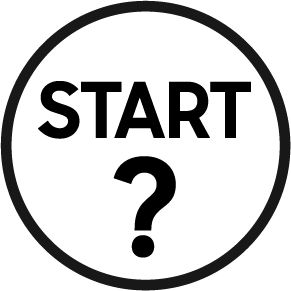 | How do I start? |
| Click on the Join course button at the top of this page. This will take you through to the course modules. Don't worry, if you stop a module halfway through, you can always continue later from where you left off. |
